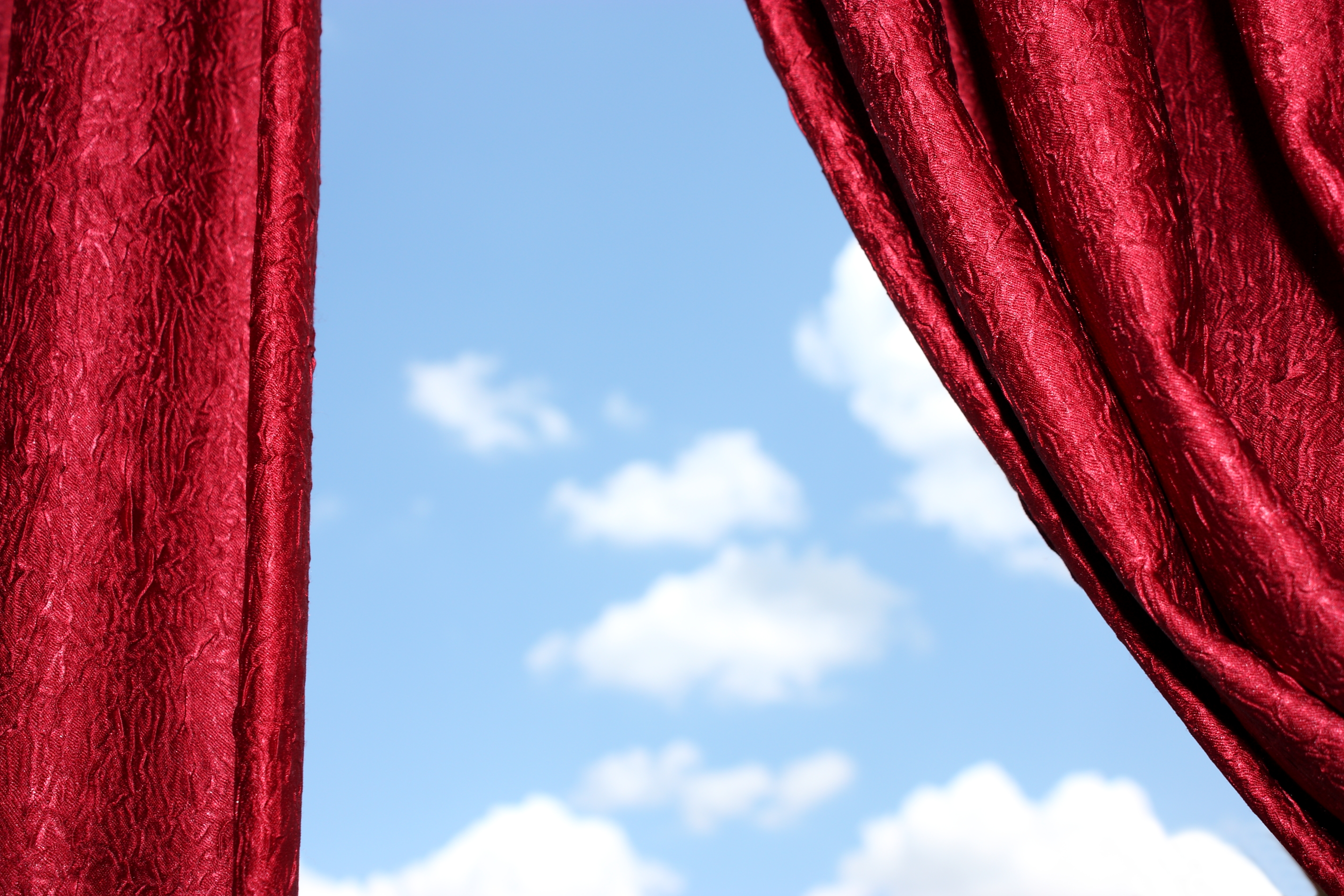
Arts & Culture
From “failed musician” to innovative entrepreneur

Alyson Campbell will co-lead the Feral Queer Camp, hosting activities about what makes performance queer and how we might develop a network of queer thinkers
Published 31 March 2021
Queer performance is one space that queer identifying people will go to to be with their tribe, says Alyson Campbell, Associate Professor in Theatre (Directing and Dramaturgy) at the Faculty of Fine Arts and Music, University of Melbourne.
“Theatre is a way of collectively thinking through the world. We’re actually in a space together and something is in front of us and we’re kind of working our way through it together.

Arts & Culture
From “failed musician” to innovative entrepreneur
“It’s actually trying to work in different ways from normative theatre. It’s about the processes of making and that is largely around collaboration and who else is in that team and is this being driven by this kind of commitment to challenging normative forms and structures as well as perhaps, say, telling gay stories.”
In 2021, Alyson and Steve Farrier will lead a hybrid digital/face-to-face version of their Feral Queer Camp, hosting activities about what makes performance queer, and how we might develop a network of queer thinkers, all stemming from the performances in the Midsumma Festival in Melbourne.
“Performance can teach us things about queerness and that we can speak back or have a dialogue with theory. It’s not that one has a hierarchical position above the others.”
“I will just really strongly emphasise here that Steve and I might be facilitators, but we are learning as much from everybody who comes to the Feral Queer Camp as they are learning from us.”
For more information about Feral Queer Camp.
Episode recorded: March 22, 2021.
Interviewer: Dr Andi Horvath.
Producer, audio engineer, editor: Chris Hatzis.
Co-producers: Silvi Vann-Wall and Dr Andi Horvath.
Banner: Getty Images
Subscribe to Eavesdrop on Experts through iTunes.